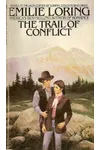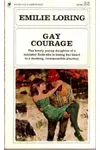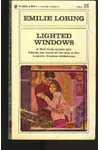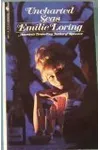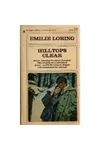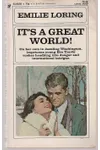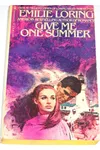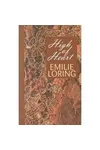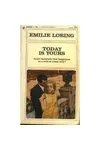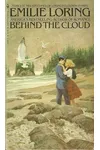Picture a Boston-born storyteller who spun tales of wholesome romance and spirited heroines—meet Emilie Loring! Born in 1866, she didn’t pick up a pen until age 50, yet her novels captured the hearts of millions with their vivid details and uplifting themes. From historical fiction to romantic mysteries, Loring’s stories remain a cozy escape for readers craving love and optimism.
With over 30 novels to her name and sales topping a million copies in her lifetime, Loring’s work blended courage, patriotism, and timeless love. Her legacy lives on through reprints and devoted fans who cherish her classic tales. Ready to step into her world of adventure and romance?
The Making of Emilie Loring
Emilie Baker Loring was born on September 5, 1866, in Boston, Massachusetts, to George M. Baker, a playwright and publisher, and Emily Frances Baker, a homemaker. Growing up in a creative household, Emilie absorbed the art of storytelling early on. She married Victor J. Loring, a lawyer, and raised two sons, Selden and Robert, before embarking on her writing career. At 50, in 1914, she began publishing short stories, often under the pseudonym Josephine Story, before her first novel, The Trail of Conflict, debuted in 1922.
Loring’s late start didn’t hinder her success. Her disciplined work ethic—writing 5,000-word stories every two weeks—and optimistic outlook shaped her path. Inspired by her father’s dramatic flair and her own experiences during World War I, she crafted stories that resonated with readers seeking hope amidst turbulent times.
Emilie Loring’s Unforgettable Stories
Loring’s novels are a delightful blend of romance, mystery, and historical fiction, often set against vibrant New England backdrops. Her heroines, independent and courageous, navigate love and danger with grace. She painted vivid scenes, describing architecture, fashion, and landscapes with exacting detail, immersing readers in her worlds.
Key works include The Trail of Conflict (1922), a tale of love and loyalty during societal upheaval; Fair Tomorrow (1931), which follows a young woman’s journey through romance and resilience; A Key to Many Doors (1967), a thrilling story of a loveless marriage turned passionate; and With Banners (1934), blending patriotism and romance during wartime. Her stories often explore themes of marriage, freedom, and American patriotism, reflecting the era’s social values.
Loring’s style avoided explicit content, focusing instead on wholesome love and moral integrity. Her characters’ witty dialogue and strong ethics made her books “palate cleansers”—light, uplifting reads perfect for escaping life’s heavier moments. Though her posthumous works, ghostwritten by Elinore Denniston, lacked some of her descriptive flair, they continued her legacy.
Why Emilie Loring Matters
Emilie Loring’s impact on the romance genre is undeniable. Her novels, selling over 34 million copies by 1975, offered readers a comforting blend of optimism and adventure. During World War II, her patriotic themes and strong heroines inspired women balancing personal dreams with societal duties. Her focus on independent female characters challenged norms, making her a quiet feminist voice in early 20th-century literature.
Today, Loring’s ebooks spark a revival, bringing her timeless tales to new readers. Her ability to weave romance with moral conflicts continues to resonate, offering a nostalgic escape. Fans and book clubs cherish her work for its classic charm, proving her stories are as relevant now as they were decades ago.
- Born: September 5, 1866, Boston, Massachusetts
- First Novel: The Trail of Conflict (1922)
- Key Themes: Romance, patriotism, optimism
- Total Works: Over 50 novels, including 20 posthumous titles
Snag Fair Tomorrow or A Key to Many Doors and dive into Emilie Loring’s heartwarming world of romance and adventure!
